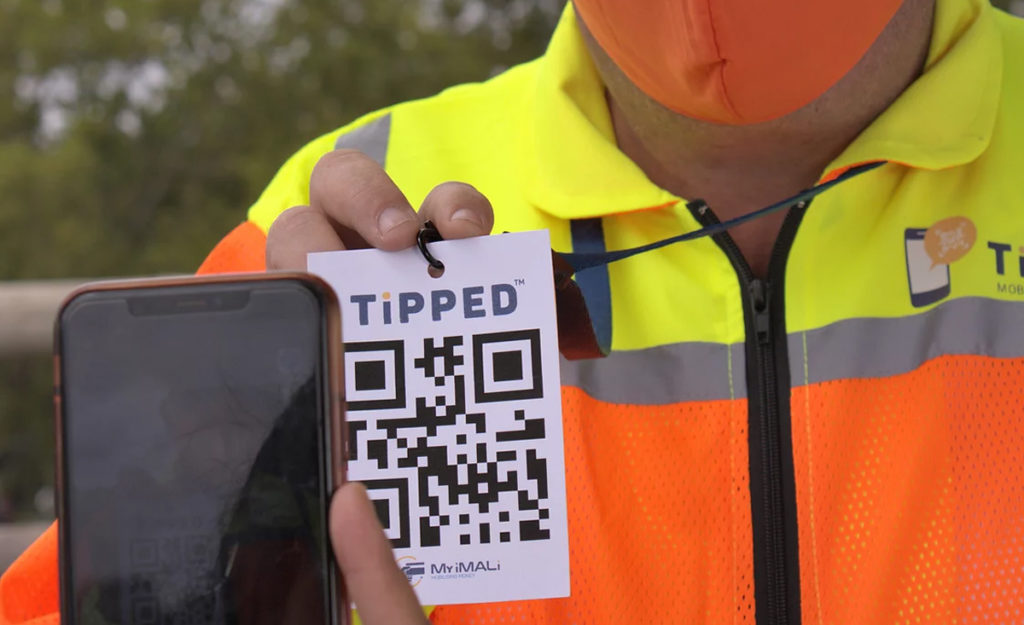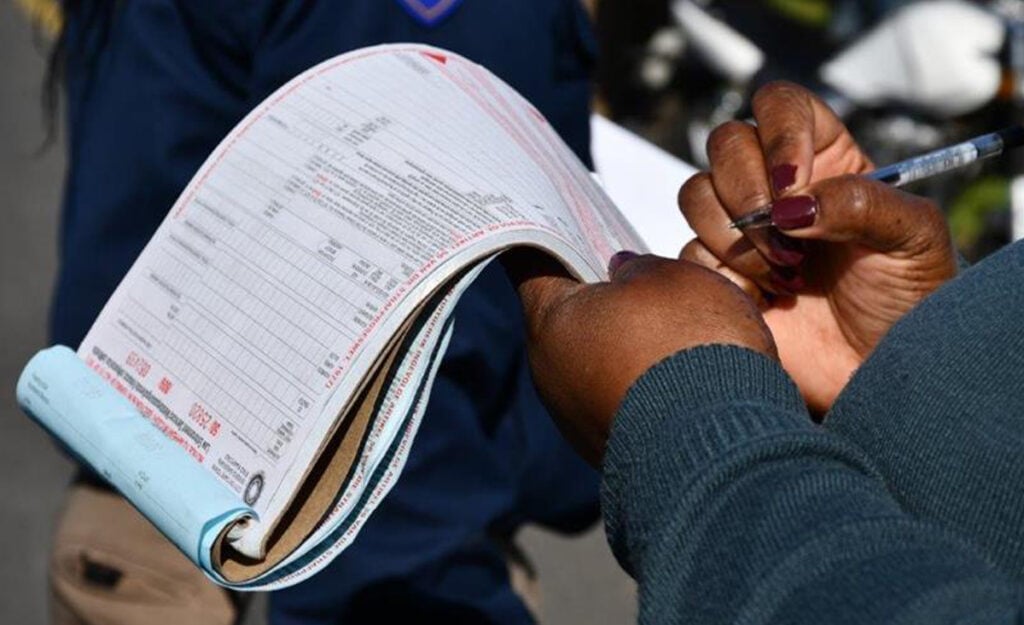Sanral spends millions sending officials overseas against Treasury rules – Here are the “valuable lessons” they learned

The South African National Roads Agency (Sanral) spent R3.1 million to send 29 officials to Prague, Czech Republic, for the 27th World Road Congress that took place from 2-6 October, according to an exclusive report by News24.
This was done against the backdrop of Sanral’s four years of underperformance and in defiance of National Treasury’s rules on cost savings that apply to all government entities and state that institutions must limit international travel to critical official business trips and limit the accompanying delegation to travellers directly involved in the subject matter of the event.
After blowing millions on the trip for its 29 officials, the big message that Sanral brought back from Prague was that it learnt “valuable lessons” about road safety and reducing road deaths, as well as the impact of climate change on roads, from the other countries that were present at the congress.
“It is clear that Sanral, which is responsible for maintaining and expanding the national road network and some provincial roads, will need to work with other state agencies to look at programmes to improve road safety among the youth, particularly with regard to road safety, drinking and driving, pedestrian behaviour, and many other aspects,” said CEO Reginald Demana upon his arrival back in South Africa.
The Minister of Transport, Sindisiwe Chikunga, also took a “high-powered South African delegation” from the Department of Transport to the World Road Congress, but did not reveal how much the trip cost.
Her groundbreaking announcement? “It is clear from the experiences of many other countries, both developed and developing, that we in South Africa can do a lot more than what we are currently doing to improve road safety. It is fundamentally about changing our behaviour.”
In this endeavour, the Department of Transport is in the process of classifying traffic road safety as an essential service to be visible at all times, and it is collaborating with the Department of Basic Education to ensure Road Safety Education is part of the curriculum at a basic level.
Neither Sanral nor the Department of Transport provided any concrete plans for immediately addressing safety and reducing road deaths, however, all while South Africa is ranked as one of the countries with the highest number of fatal accidents and least strict road laws in the world.
Four years of underperformance, with more to come
Despite being lauded by government as a shining beacon of what it is capable of, Sanral has underperformed for the last four years, achieving a fraction of the targets it set for itself.
In the last financial year, it spent just over half of its budget on upgrades and maintenance on non-toll roads with another R25.9 billion left untouched, continuing a pattern that started at least three years prior.
The next financial year is expected to look the same, as Sanral recently retracted R11 billion worth of tenders due to a controversial new Preferential Procurement Policy (PPP) that was met with fierce legal action from several construction companies that would not have been able to reasonably compete for tenders anymore.
The policy would have put companies not 100% black-owned at a substantial price disadvantage, and Sanral has committed to engaging with all industry stakeholders to find a new PPP that would not have as much of an impact on the current procurement strategy whilst still accelerating its transformation goals.
As such, it is unclear when any of these tenders will be listed again, with the infrastructure projects expected to hang in limbo until such deadline is reached.
In reply to questions from News24, Sanral spokesperson Vusi Mona said the agency would “endeavour to process these tenders and accelerate where possible, to conclude in line with the supply chain management prescripts.”
Should it fail to do so, the National Treasury could reclaim the money.
Last week, Sanral also told its debt investors that its irregular expenditure ballooned 1,741% during the financial year ending March, citing noncompliance with a board resolution as the key driver, BusinessLive reported.








